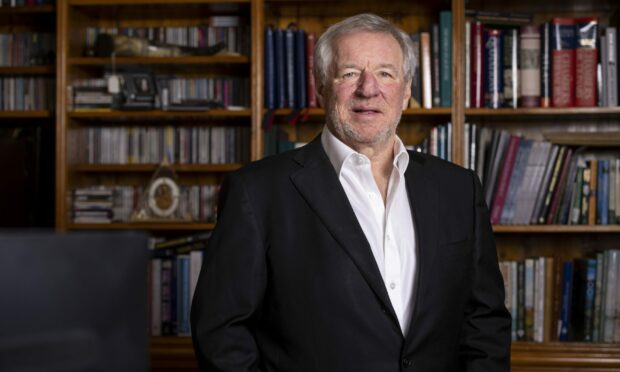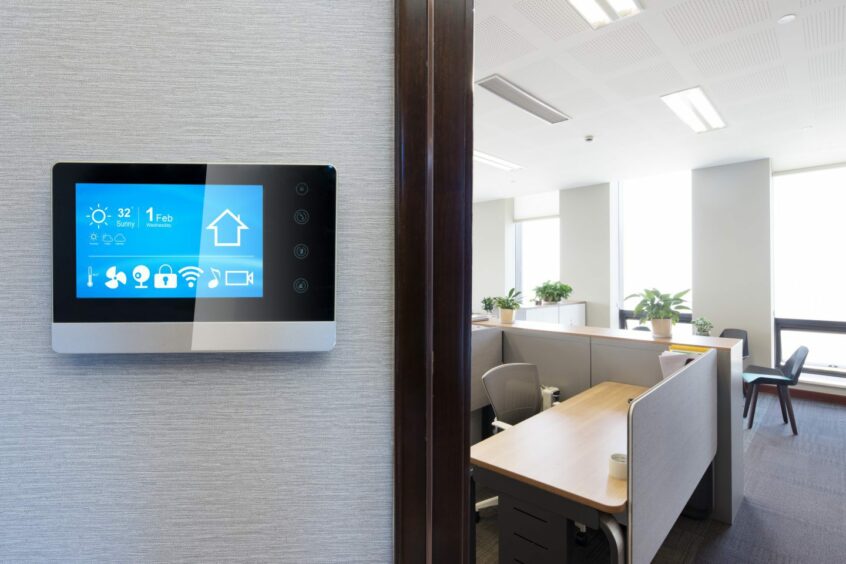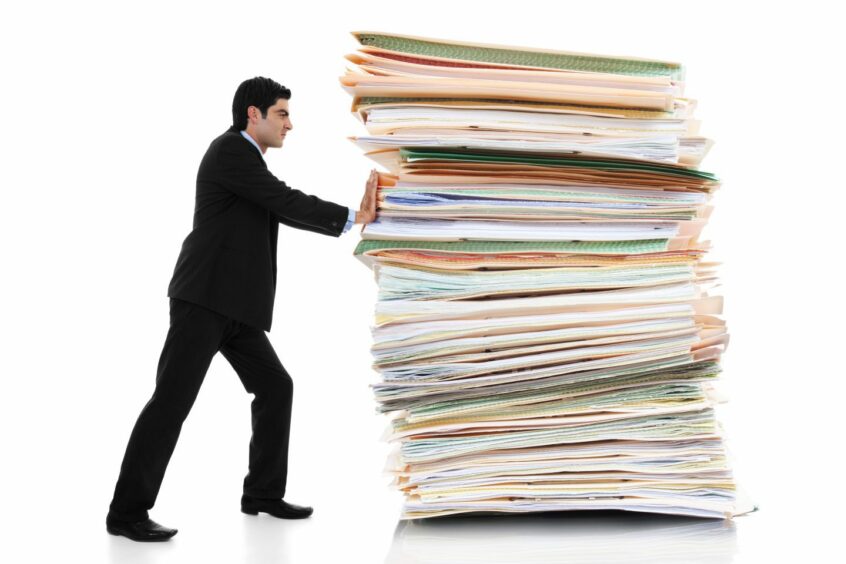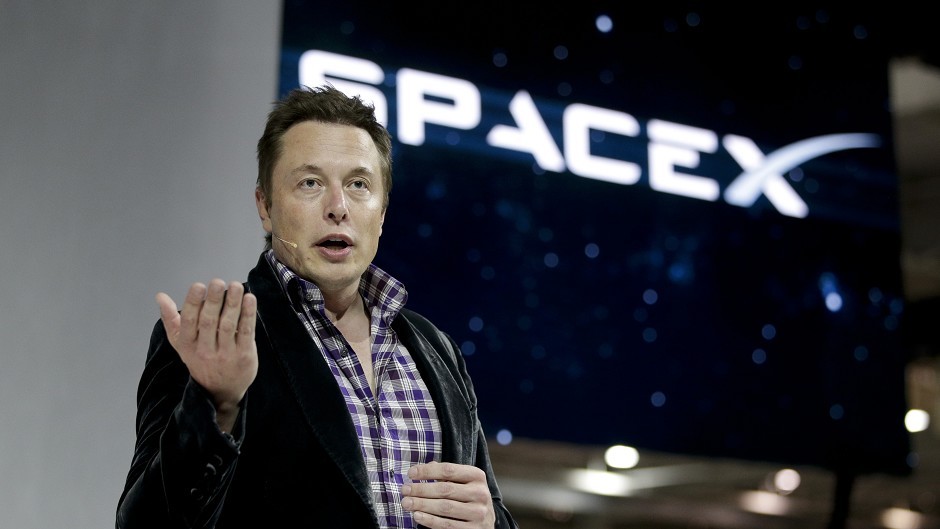“Environmental sustainability” sounds a vague term but North East Scotland College has come up with a neat definition.
It describes it as the point where “needs of the present do not compromise the ability of future generations to meet their own needs”.
We should all recognise that we are stewards, rather than owners of the world and its resources, and hand it on to the next generation in a better state than we found it.
Two centuries of pollution
For two centuries, business and industry have been creating not only wealth but also pollution. Breaking the link between that crucial wealth-creating function and the environmental damage that has historically been its by-product, is what sustainability is about.
It’s been given urgency by the climate challenge. Here in the north-east, we associate sustainability with a just transition to green energy in the North Sea, but land-based businesses need to make their contribution too.
Sustainability isn’t rocket science – it’s basic common sense. Implementing a sustainability programme can entail simple adjustments, such as installing smart lights with motion sensors and LEDs in business premises.
Aberdeen-based businesses are facing an unexpected crisis. An analysis by real estate agency Knight Frank has found 28% of office properties in Aberdeen could be legally barred from being let, if the Scottish Government aligns its EPC (energy performance certificate) system with the rest of the UK, which it has signalled its intention to do.
In the first of two further EPC hikes, from 2027 business premises would need a rating of C, but 49% of Aberdeen properties will require upgrading to meet that criterion. And from 2030 an A or B rating would be necessary, but only 24% of Aberdeen office space currently meets that standard. Action is needed to secure Aberdeen’s viability as a business hub.
Two in every five pounds of energy efficiency savings cost you nothing
The UK Government claims the average start-up could cut its energy bill by 18-25% by installing energy efficiency measures, with an average payback of less than 1.5 years, and 40% of those savings requiring zero capital cost.
Another key issue is packaging. Recyclable, reusable or biodegradable options should be preferred, for example, cardboard or paper, rather than plastic. If plastic is unavoidable, then only one type should be used, making it acceptable for recycling.
Paper also presents environmental issues, so firms should aim at going paperless, installing software that expands digitisation and market outreach. Instead of enclosing a printed catalogue with a delivery, stamping it with a QR barcode can direct the customer to the firm’s website.
But a company’s biggest sustainability issues are likely to arise far distant from its premises. Supply chains are where the chief problems may lurk. There’s not much point in installing energy-saving lighting in your office, if you’re sourcing materials from organisations that ignore environmental concerns.
It can be challenging to research a supply chain, since the main issues are likely to lie near the point of origin, for example, in unfair labour practices or an outsize carbon footprint, but it’s necessary.
Mackie’s of Scotland an ‘outstanding example’ of sustainability in practice
Some companies in the north-east have made enormous strides in embracing sustainability. An outstanding example is Rothienorman-based Mackie’s of Scotland, manufacturer of iconic ice-cream.
Mackie’s has been pursuing sustainable solutions since 1983, when it installed its first wind turbine. The company grows its own crops at its Westertown Farm, to feed its herd of dairy cows, whose shed has been solar-powered since 2014, as has the firm’s chocolate factory.
The business generates twice as much renewable energy as it uses, with the surplus being fed into the national grid. Add to that its low-carbon refrigeration system, expected to reduce CO2 emissions by up to 80%, and it’s unsurprising that Mackie’s won the sustainability category at this year’s North East Scotland Food & Drink Awards.
Another firm in the food industry driving net-zero sustainability targets is Arbroath-headquartered Angus Soft Fruits. Since 2017 it has reduced food waste by 42% per ton of fruit sold and its growers have cut their carbon emissions per kilogram of fruit by 28%. Meanwhile, by producing renewable energy on its farms the company has replaced 1,433,000 kilowatt hours annually that were taken from the national grid.
In steel fabrication and cladding installation, Newburgh-based KR Group has teamed up with Zero Waste Scotland and Aberdeen and Grampian Chamber of Commerce for waste recycling. Circular economy initiatives under this partnership include a cladding resuse project to divert about 2,500 tonnes of waste that would have gone to landfill.
Whisky-makers going green too
North-east distilleries are also going green. Burn o’ Bennie at Banchory introduced an innovative distilling process that removes 50% of heat, power and water requirements.
All 140 whisky distilleries in Scotland have pledged to reach net-zero by 2040, five years ahead of the national target.
There are many varied businesses contributing to the drive for sustainability, which is good news. No offence to Elon Musk and his ambitions for space tourism, but I’d rather remain on this planet, as long as it’s habitable.
Martin Gilbert is co-founder and former chief executive of Aberdeen Asset Management and chairman of AssetCo, Toscafund and Revolut.





Conversation